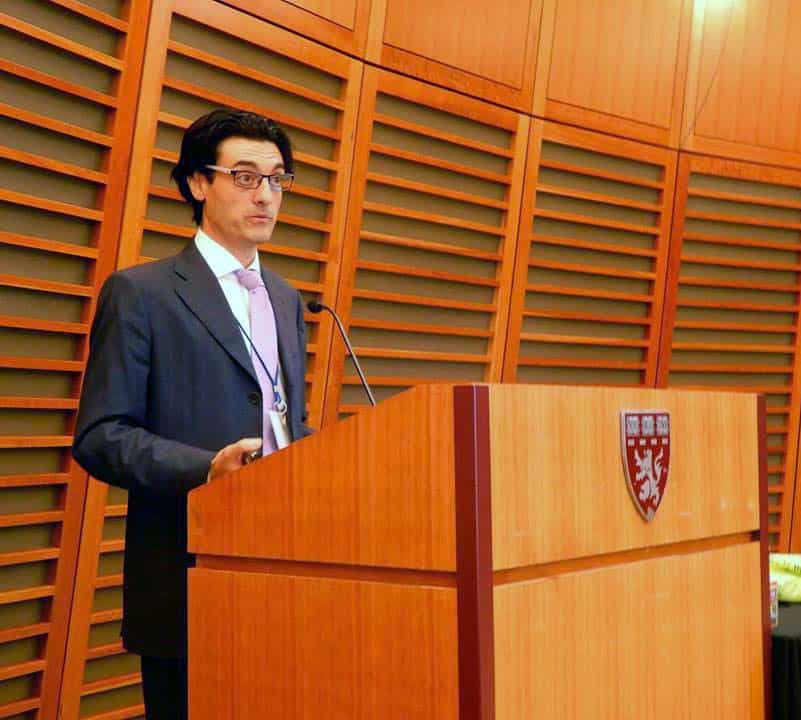Unlocking Relief: The Power of Diet in Managing Endometriosis
Endometriosis is more than just a diagnosis; it's a daily battle for millions of women worldwide. But can diet help the condition?

By Gianluca Tognon, PhD
More than just a diagnosis
Endometriosis is more than just a diagnosis; it's a daily battle for millions of women worldwide. Imagine grappling with chronic pelvic pain, infertility, and a diminished quality of life—all due to the growth of endometrial tissue outside the uterus. It's a reality for many, and despite its prevalence, the root causes of endometriosis remain enigmatic, tangled in a web of genetic, immunologic, hormonal, and environmental factors.

Traditional treatments offer some relief, but they come with their own set of challenges. Painkillers, hormonal therapies, and surgery are the norm, yet they often fall short, leaving many patients dissatisfied with their medical options. That dissatisfaction has sparked a revolution—a growing interest in the potential of diet and lifestyle changes to manage and even prevent endometriosis.
Dietary guidelines
While clear dietary guidelines for endometriosis are lacking, many women have taken matters into their own hands, embracing dietary tweaks as part of their self-care arsenal. Cutting back on pro-inflammatory foods, loading up on anti-inflammatory options, and bidding farewell to meat and sweets in favor of fruits and veggies have become common strategies.
However, it's not always smooth sailing—many women struggle with low diet quality and limited nutritional knowledge, highlighting the need for more evidence-based dietary guidance.
Numerous studies have hinted at the profound impact of diet on endometriosis risk and severity. Foods rich in omega-3 fatty acids, fiber, vitamins B2, B6, B12, C, and D, as well as antioxidants, have emerged as potential allies, offering relief from the relentless grip of endometriosis symptoms.
Conversely, a diet heavy in trans fats, saturated fats, red meat, and dairy products may exacerbate the condition, fueling inflammation and hormonal imbalances.
But what does this mean for your grocery list? Let's break it down:
- Omega-3 Fatty Acids: Think salmon, mackerel, sardines, flaxseeds, chia seeds, and walnuts.
- Fiber: Load up on oats, barley, quinoa, beans, lentils, nuts, seeds, fruits, and veggies.
- Vitamins Galore: From eggs and dairy to spinach and mushrooms, there's no shortage of sources for vitamins B2, B6, B12, and C.
- Vitamin D: Seek out fatty fish, egg yolks, cheese, mushrooms, and fortified foods to keep your levels in check.
- Antioxidant-Rich Foods: Embrace the rainbow with a variety of fruits, veggies, herbs, spices, tea, coffee, cocoa, and even red wine.
While these dietary adjustments hold promise, it's essential to remember that the research is ongoing. What works for one person may not work for another, and there's still much we don't understand about the intricate dance between diet and endometriosis.
However, armed with the knowledge at hand, you can start making informed choices, tweaking your diet to potentially alleviate symptoms and improve your quality of life.
In the end, the journey to managing endometriosis is as unique as each woman affected by it. While we await further insights from ongoing research, let's continue to explore the transformative power of diet and lifestyle in unlocking relief for this chronic and painful condition.
Together, we can pave the way towards personalised nutritional strategies that empower women to reclaim control over their health and well-being.
References:
Ghazal Roshanzadeh et al. 2023. The relationship between dietary micronutrients and endometriosis: A case-control study. International Journal of Reproductive BioMedicine 21(4): 333–342.
Neal D. Barnard et al. 2023. Nutrition in the prevention and treatment of endometriosis: A review. Frontiers in Nutrition 10:1089891.
Angelika Bogusz et al. 2024. Low Diet Quality and Nutritional Knowledge in Women with Endometriosis: A Pilot Study. Healthcare 12(6): 673.
Nassir Habib et al. 2022. Impact of lifestyle and diet on endometriosis: a fresh look to a busy corner. Menopause Rev 21(2): 124–132.
Katarzyna Oszajca et al. 2024. Diet in Prevention and Treatment of Endometriosis: Current State of Knowledge. Current Nutrition Reports 13(1):49-58.
Gianluca Tognon is an associate professor in public health at the University of Skövde (Sweden) and the founder of the consulting company The Food Scientist AB.

Gianluca is an expert in epidemiology, public health, statistical methods, nutrition, and food science. As a trained biologist with a Ph.D. in nutrition, Gianluca spent more than 15 years researching public health and nutritional epidemiology to understand the problems connected to unhealthy diets.
Gianluca has consulted private companies, schools, organisations, and hundreds of private individuals who needed help with diet and health. He has presented at several conferences and events in Europe and the USA.
Gianluca is also a board member of Paincation.
More information about Gianluca is available on his website:



